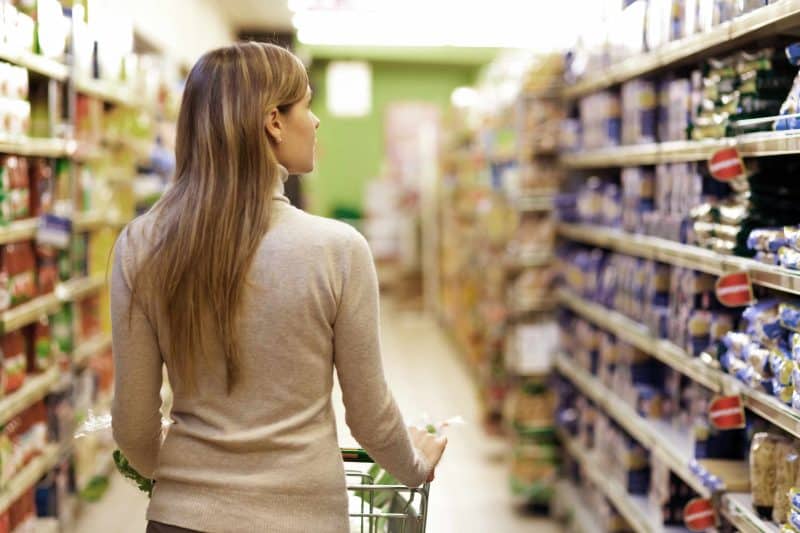In the first quarter of this year, retail prices will continue to rise, but at a slower pace than the previous year. However, Poles will continue to deal with high prices. The extent of this will largely depend on the actions of the government and how producers respond to the current situation, including the increase in the minimum wage. Also significant will be the rising prices of raw materials, energy, oil, and gas. Food and beverages may become more expensive by at least 6-8%, assuming inflation continues to fall and no new factors unsettle the market. Price increases will be most noticeable in such categories as food additives, bread, meat, and dairy. Meanwhile, a greater jumps in prices could happen in subsequent quarters, likely after the zero VAT is withdrawn, which process may kick-off at the end of March. Plus, as is customary, Easter will see an increase in prices of the typical holiday products.
From January to March this year, retail prices will largely depend on producers’ behavior and the actions of the new government. “If factors such as the increase in the minimum wage or raw material prices do not adversely affect the situation of producers and retailers, then this period will be reasonably stable. Prices will, of course, continue to rise, but certainly slower than last year,” says Robert Biegaj, of the Offerista Group.
The retail market expert also believes manufacturers will be carefully watching their situation and analysing it in the long term, making potential price increase decisions probably towards the end of the current quarter. “Producers already raised their prices last year, and if they don’t have to, they certainly won’t do so to further irritate consumers weary of high prices. Although inflation will be on a downward trend, this won’t translate significantly into shop prices,” Biegaj predicts.
He adds that consumers have no basis to expect a drop in store prices. There are no factors on the side of producers and trade which could reduce their current operating costs. For now, it doesn’t appear such a scenario will be possible this year. Zero VAT has been maintained until the end of the first quarter for some food products.
“When the zero VAT is no longer in effect, prices will have to increase by at least the value resulting from this tax. Trade will transfer all additional costs and burdens to consumers because there is no other choice. Thus there’s no talks about dropping store prices. We should also remember that producers are exposed to weather anomalies, which also translate into later prices,” the expert from Offerista Group is convinced.
There can, of course, be significantly more factors for the increasing cost of purchases in stores. Among them are the increases in the prices of raw materials strictly for production, including components and semi-finished products, as well as energy, oil, and gas. It is also worth mentioning the strengthening of the Polish zloty, and the increases in the minimum wage – the first in January and the next planned for the second half of the year, which businesses already have to prepare for.
“How much prices will rise also depends on many factors, but in short, food and beverages may become, on average, 6-8% more expensive in Q1. This is, of course, an optimistic scenario assuming that inflation will continue to fall and no other negative factors that could upset the market in the short term will emerge,” the expert emphasizes.
Informing about the categories of goods that can increase the most in this period year-on-year are primarily food additives (such as mayonnaise, ketchup, mustard), bread, meat, and dairy. This can also be true for household chemicals, vegetables, and animal fats. As a reminder, in the last periods, food additives, household chemicals, and bread were among the TOP5 fastest rising categories, according to the “RETAIL STORE PRICE INDEX” report by UCE RESEARCH and WSB University Merito.
“Price increases in all mentioned categories, especially at the end of March, won’t be accidental. At the turn of this month and April is Easter, which raises the prices of food every year. However, I predict that from January to March, fats will still be negatively influenced, although probably much less than last year. Among them, we certainly have margarine and butter, which are essential products for preparing holiday specialties,” concludes the expert at the Offerista Group.
